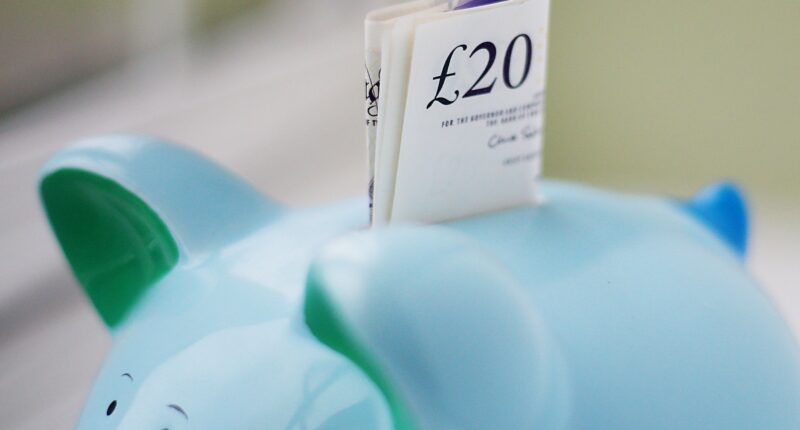A SMART saver has saved £311 just from her bank – here’s how you can do it too.
Banks often offer customers switching bonuses to entice new customers in.
Lydia Howland, age 44 and from Kent, told The Money Edit that she’s made £311 just by switching accounts and making interest on her savings.
She said: “I opened my first current account with Barclays while I was at university because I needed somewhere to pay in my student loan.”
She said she has been with the same bank ever since.
“I’ve stuck with them ever since and later ended up having a joint account, savings accounts and mortgages there.


“I often thought about switching my current account but didn’t realise all my payments would be transferred over as well as my standing orders and direct debits.”
Lydia said she’s paid in £1,000 and has a date in her diary for when her £175 is due – most banks don’t provide the bonus right away.
She said: “I’m paying in the maximum I can at £300 per month – which means I’ll have £3,736 in a year’s time.”
This means she’ll have made £136 in interest plus her £175 bonus – that’s a total of £311 as a result of switching for minimum effort.
Most read in Money
Switching bank accounts is an easy way to get free money – but you should only switch if the account suits you and won’t leave you out of pocket.
Most banks offer some sort of switching bonus when you join them, though there are terms and conditions.
But in some cases you might have to do certain things to unlock the bonus – you may not be able to if you’ve already been a customer of that bank, for example.
Plus, it’s always worth checking out banks’ terms and conditions when switching.
They often throw in extra freebies such as limited-period interest-free overdrafts.
We’ve got the full list of banks currently offering something here.
For example, Santander, Lloyds and First Direct are all offering switching bonuses.
Santander is offering new and existing customers £200 if they move over to one of five current accounts.
Meanwhile, Lloyds is offering £200 to customers transferring to a Silver or Platinum Account.
First Direct is offering £175 to anyone who opens a 1st Account.
Another way to make free cash through your bank, like Lydia is doing, is by simply opening a savings account.
Savings accounts have interest so you’ll literally be making money just by paying cash in each month.
Up to £268billion worth of household savings altogether is sitting in accounts, paying no interest, according to Coventry Building Society.
So there’s a lot of people not making money from their savings.
That figure is £9.6billion more compared to this time last year.
It’s calculated out of a total of £1.26trillion in household savings in flexible accounts.
The exact amount you earn from interest will depend on how much you save and the rate on offer, as it does vary by bank.
Therefore, it is worth looking around first to find the best offer.
How do I switch my current account?
You can switch through the Current Account Switching Service (CASS) in a few steps.
You just have to contact your new bank to apply for the new current account.
If you are accepted, they will offer to make the switch for you automatically and ask you to choose a date to do it.
Your old bank should then talks to your old one and everything will be switched across, including your balance, direct debits and salary.
After this you will receive your new cards, log-in details and any PINS.
How to know whether you have the right account
Last month, the Bank of England increased base rates to 3.5% last month, up by 50 basis points.
This was the ninth time in a row that the BoE increased the base rate in a bid to tackle rising costs.
The rate changes will affect you if you’ve got debt, including a mortgage, but it’s good news for savers.
However, do check your existing account make sure it’s worthwhile.
For example, some instant access savings accounts like No Notice accounts can start at 1.56%.
This is the average rate for a No Notice account, which is up from 0.2% last year, according to MoneyFacts.
Notice accounts are currently averaging at 2.43% – up from 0.56% last year.


And if you’re looking at fixed accounts, a one-year fixed account is currently averaging at 3.56%, while a two-year fixed account is averaging at 3.83%
These are up from 0.82% and 0.93%, respectively.
Do you have a money problem that needs sorting? Get in touch by emailing [email protected]










